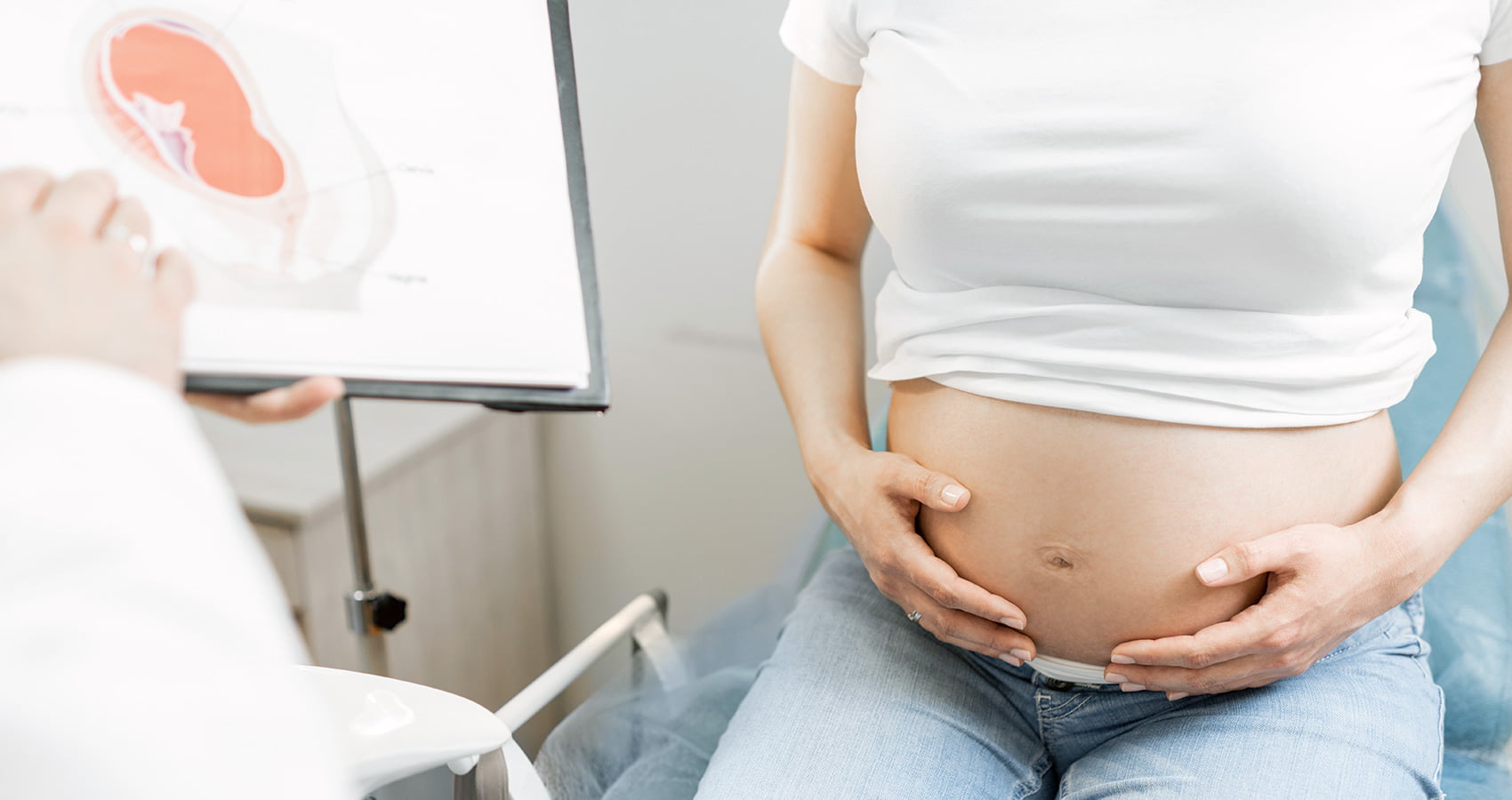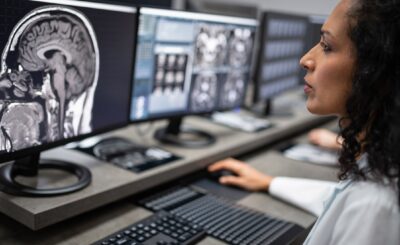Introduction:
Egg donation is a process in whch a woman donates her eggs to another woman or couple who cannot conceive on their own. This process has become increasingly popular over the years, with many couples seeking out egg donors to start a family.
However, it is important to understand that not all egg donors are created equal. Genetic testing plays a crucial role in determining the quality of the eggs and the overall health of the child born through the process. In this blog, we will discuss the value of genetic testing in egg donation, its importance, and how it can help you have a healthy baby.
What is Genetic Testing?
Genetic testing is a medical test that examines an individual’s DNA to determine if they have any genetic disorders or mutations. It is a simple process that involves taking a blood sample or a cheek swab. Genetic testing can detect the presence of various genetic disorders such as Huntington’s disease, cystic fibrosis, and sickle cell anemia.
Why is Genetic Testing Important in Egg Donation?
Genetic testing is vital in egg donation because it helps reduce the risk of passing genetic disorders to the child. It also helps to determine the best candidate for egg donation, ensuring that the child is born healthy. In addition, genetic testing provides peace of mind for intended parents, who can be assured that their child is not at risk of inheriting a genetic disorder.
Genetic Testing Process for Egg Donors
The genetic testing process for egg donors typically involves three stages: pre-screening, genetic counseling, and genetic testing. The pre-screening process involves reviewing the medical history of the donor and their family members. The donor then undergoes genetic counseling, where they are informed about the risks and benefits of genetic testing. Finally, genetic testing is performed on the donor to detect any genetic disorders that may affect the quality of the eggs.
Benefits of Genetic Testing in Egg Donation
1. Increased chances of pregnancy
Genetic testing can increase the chances of pregnancy in egg donation. By selecting an egg donor who does not carry any genetic disorders, the quality of the eggs is likely to be better, resulting in a higher success rate of implantation and pregnancy. In addition, genetic testing can help identify any potential genetic issues that may impact fertility, allowing for the selection of the best candidate for egg donation.
2. Peace of mind for intended parents
Genetic testing provides peace of mind for intended parents who may be concerned about passing down genetic disorders to their children. By selecting an egg donor who has been screened for genetic disorders, intended parents can be assured that their child will not be at risk of inheriting a genetic disorder. This can reduce anxiety and provide a sense of relief for the intended parents.
3. Prevents transmission of genetic disorders
The most significant benefits of genetic testing in egg donation is the prevention of genetic disorders from being passed down to future generations. By identifying and selecting egg donors who do not carry any genetic disorders, the transmission of such disorders can be prevented. This can be especially important for families with a history of genetic disorders, as it can break the cycle of the disorder being passed down from generation to generation.
Conclusion
In conclusion, genetic testing plays a crucial role in egg donation, ensuring that healthy babies are born, and genetic disorders are prevented from being passed down to future generations. Choosing a reputable egg donation center and an experienced IVF doctor who can guide you through the process and ensure a successful outcome is important. Genetic testing is a valuable tool to help you have a healthy baby and start your family.
Choosing a reputable IVF doctor and Egg Donation Centre in Noida is important if you are considering egg donation. In Noida, many egg donation centers offer genetic testing as part of their egg donation process. Researching and selecting a center with a good reputation and a track record of successful egg donations is important. Additionally, it is essential to choose the best IVF doctor in Noida who is experienced and knowledgeable about genetic testing and can guide you through the process. Look for a doctor who is board-certified and has a good reputation in reproductive medicine.








